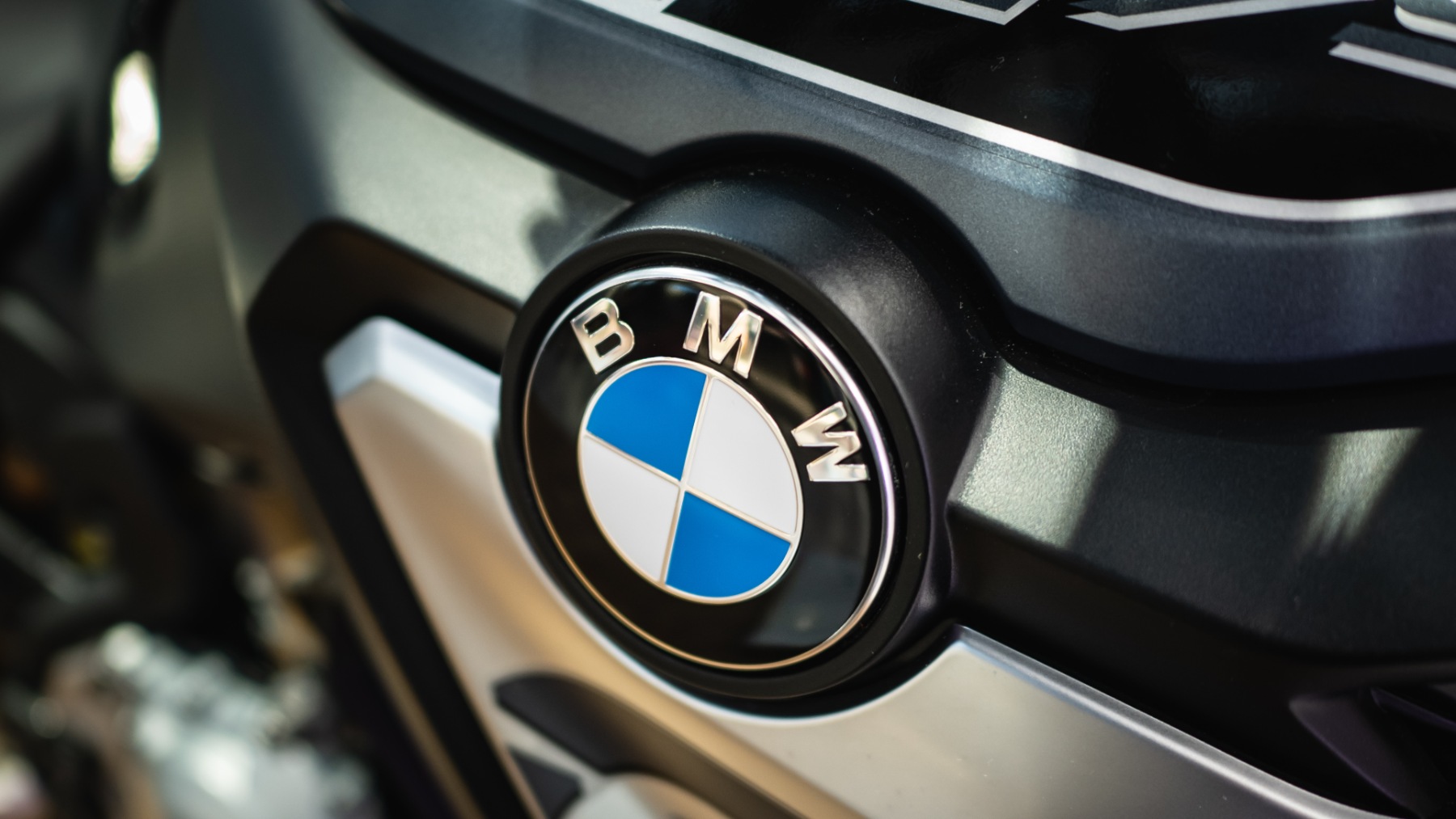BMW and Toyota's Hydrogen Collaboration: Fueling a Revolution in Sustainable Mobility
Key Ideas
- BMW and Toyota are partnering to revolutionize sustainable mobility by developing a cutting-edge hydrogen fuel cell engine for mass production by 2028.
- The alliance aims to address challenges in infrastructure and cost, betting on hydrogen's potential to deliver efficiency, zero emissions, and a new era in powering cars.
- The collaboration is not just about building vehicles; it signifies a pivotal shift towards cleaner, smarter, and cooler rides that align with tightening green laws and eco-conscious consumers' demands.
- Toyota and BMW are pushing the boundaries in hydrogen technology, with plans to establish a hydrogen station network to support the widespread adoption of zero-emission hydrogen cars.
BMW and Toyota have officially teamed up to develop a groundbreaking hydrogen fuel cell engine set to redefine sustainable mobility. The alliance between these two automotive giants is geared towards mass-producing hydrogen-powered vehicles by 2028, shifting focus from traditional hybrids and electric vehicles to hydrogen as the future of clean transportation. The collaboration is strategically aimed at overcoming challenges in infrastructure and cost associated with hydrogen technology, with a vision to introduce efficient, zero-emission cars that will revolutionize the way we drive. Toyota's Mirai and BMW's iX5 Hydrogen prototype are already making waves, emphasizing the commitment to hydrogen as a key player in the automotive landscape. The partnership signifies a significant leap towards a greener and more sustainable future, with a strong emphasis on developing hydrogen refueling stations globally. This initiative is not merely about manufacturing vehicles; it represents a proactive approach to meet the evolving demands of environmentally conscious consumers and align with increasingly stringent environmental regulations. Toyota and BMW are at the forefront of advancing hydrogen technology, with a focus on cutting-edge innovations that aim to bring about a fundamental shift in the automotive industry. As the automotive world gears up for a transformative journey towards zero-emission transportation, the collaboration between BMW and Toyota stands out as a beacon of progress, driving the industry towards a future where hydrogen plays a central role in shaping sustainable mobility.
Topics
Fuel Cells
Infrastructure
Innovation
Automotive
Cost Efficiency
Collaboration
Sustainable Mobility
Future Tech
Green Transportation
Latest News
